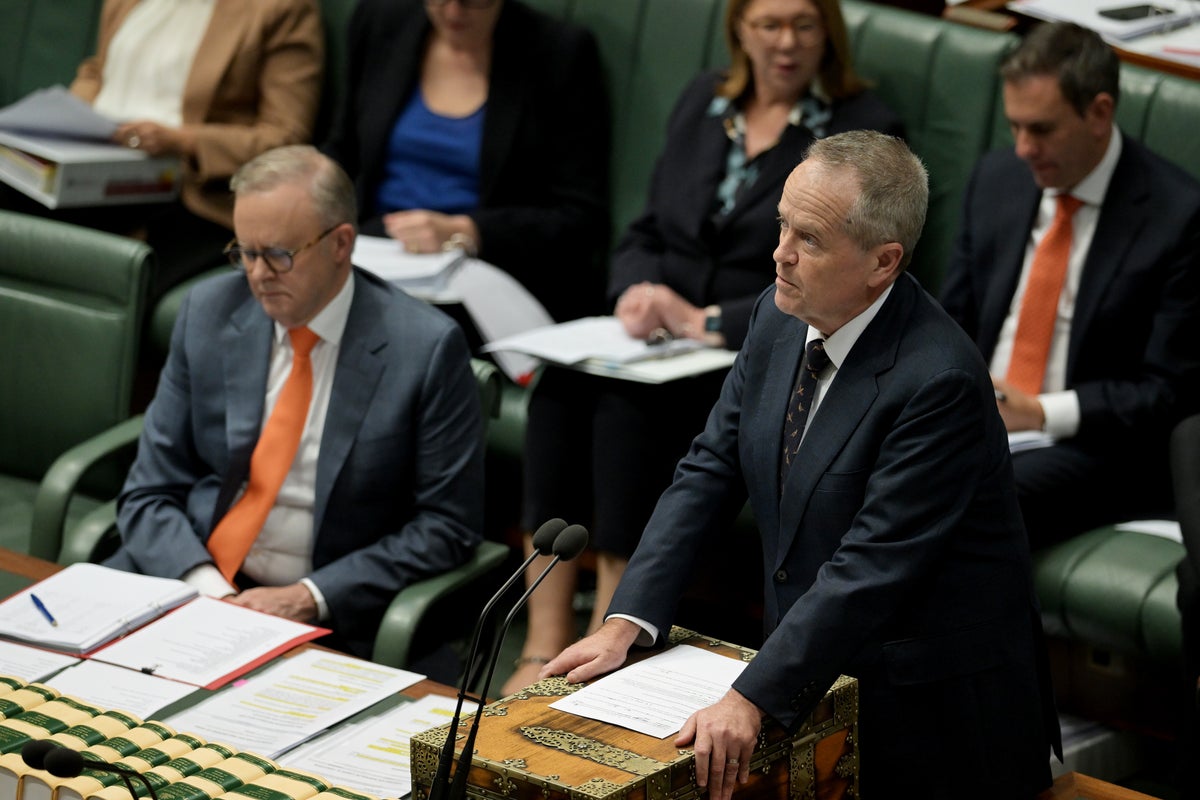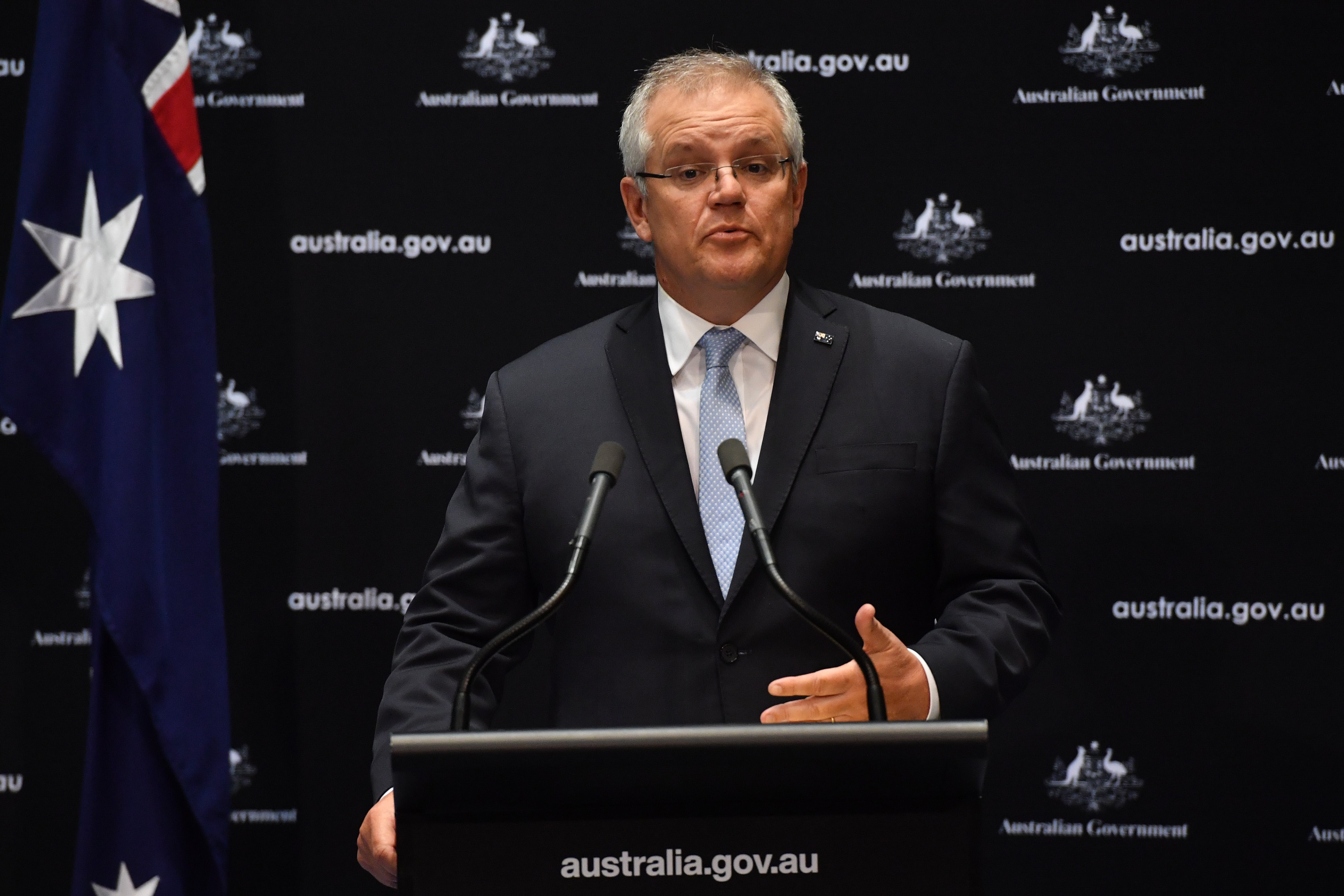
The Australian government will pay an extra A$475m (£240m) to people harmed by the country’s unlawful “Robodebt” welfare scheme, bringing the total compensation package to the largest in the nation’s history.
The settlement, announced on Thursday by attorney general Michelle Rowland, follows revelations from a royal commission that officials in the former Liberal-National coalition government pressed ahead with the automated debt recovery system despite knowing it was unlawful.
The scheme, which ran between 2015 and 2019 under then prime minister Scott Morrison, wrongly told welfare recipients they had been overpaid and demanded repayments that often did not exist.
More than 440,000 people were caught up in the programme, many of them among the country’s poorest.
The system used averaged income data from the tax office to calculate fortnightly welfare entitlements, a method that produced false debts when people worked irregular hours.
A royal commission described it as “a crude and cruel mechanism, neither fair nor legal”. The policy was linked to multiple suicides and severe financial hardship.
“It is the just and fair thing to do,” Ms Rowland said, adding that the Labor government recognised the “disastrous” impact on vulnerable Australians.
The additional compensation takes the total redress from Robodebt to about A$2.4bn (£1.2bn), including A$1.76bn in debts that were cancelled and refunded, A$112m in earlier damages, and the new payout.
The government will also cover up to A$13.5m in legal costs and about A$60m to administer the scheme.

Lawyer Peter Gordon, who represented victims in the class action, said the outcome was “vindication and validation for hundreds of thousands of Australians afflicted by the Robodebt scandal”.
He added: “Today is also one more vindication of the principle that Australia remains a nation ruled by laws and not by kings – laws which even hold the government accountable.”
Victims and their families spoke of the lasting damage.
“Irreparable mental health issues that have stemmed from this,” Felicity Button, who was among those affected, said it was a bittersweet moment, “we can never compensate for that.”
People had lost family members, gone through divorce and become bankrupt, she told reporters.
The scheme, initially promoted as a cost-saving measure to claw back A$1.7bn, instead led to the largest legal settlement in Australian history.
The previous record was A$500m awarded to survivors of the 2009 Black Saturday bushfires in Victoria, which killed 173 people.
Former Labor leader Bill Shorten, who campaigned for a royal commission into Robodebt, said the resolution showed his warnings were justified.
"Along with Gordon Legal, when we started the class action in 2019, I said that Robodebt was unlawful, unjust, and unconscionable," he said in a statement, referring to the law firm involved.
"Today's outcome shows that those warnings were right — and that governments must never again put expedience ahead of justice."
Cassandra Goldie, head of the Australian Council of Social Service, welcomed the payout but said those who designed and authorised the scheme had not been held accountable.
“Ten years on from when Robodebt commenced, no one responsible for its design, implementation and continuation has been publicly held accountable in a way that delivers justice for its victims and their families,” she said.
Court denies war hero’s final appeal against finding he likely killed unarmed Afghans
Asian shares are higher after Wall Street steadies itself as Alphabet rallies
Papua New Guinea's 'bold climate action' earns praise from Guterres
Concern in Australia over reported repatriation plans for Isis wives and children
Man charged after ‘three truckloads’ of stolen Lego and toys found at his home
Authorities warn locals against aiding Porepunkah shooter as search intensifies







